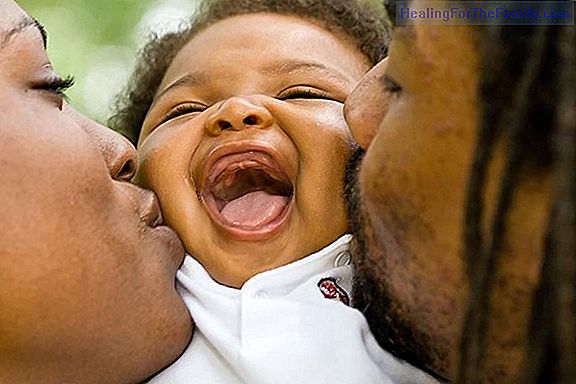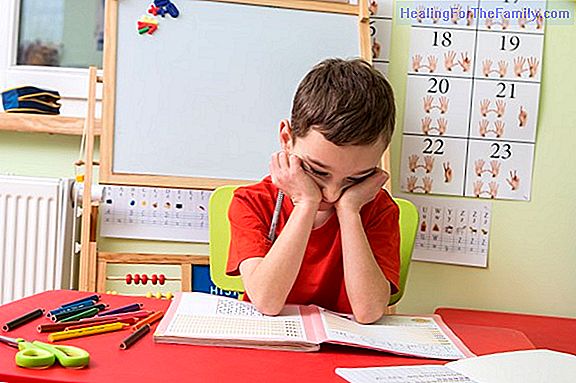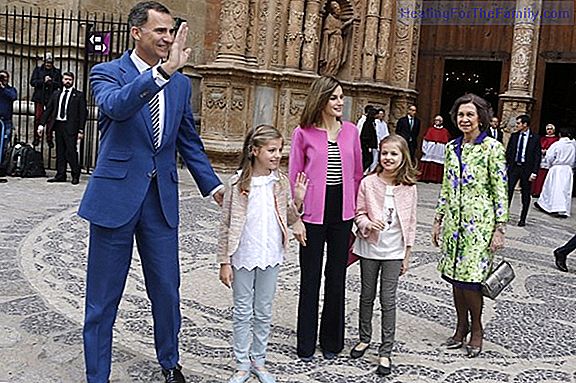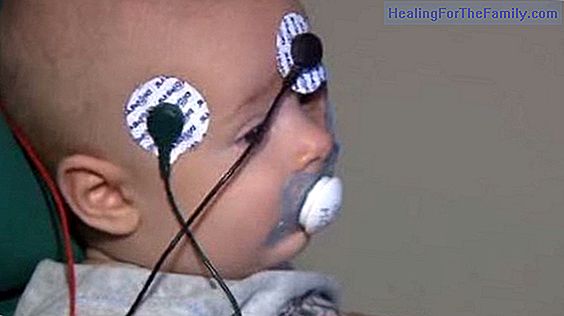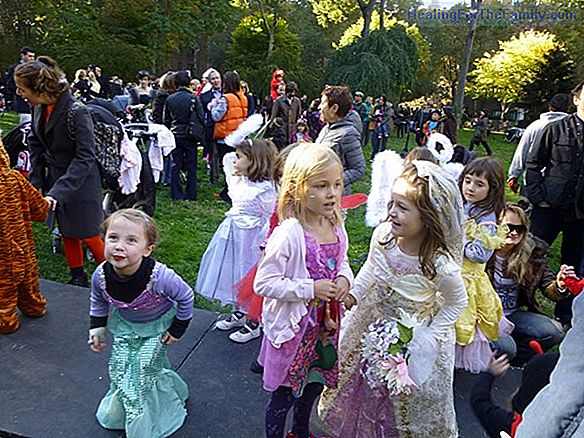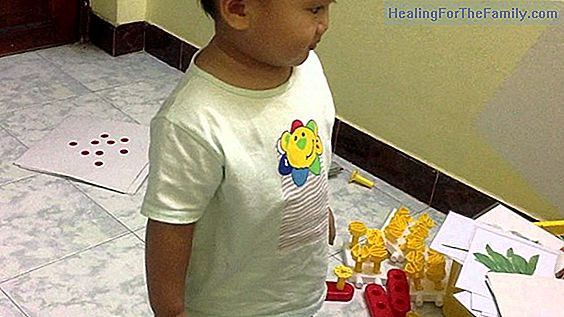Introverted children, how to help them?
The balance lies in the middle of two extremes. In this case, the way of being of most children is between extroversion and introversion. Although it is true that there is always an approach to one of these personality traits that are at the extremes. In the case of introverted children, should we h
The balance lies in the middle of two extremes. In this case, the way of being of most children is between extroversion and introversion. Although it is true that there is always an approach to one of these personality traits that are at the extremes. In the case of introverted children, should we help them to change their introversion?
How are the introverted children?
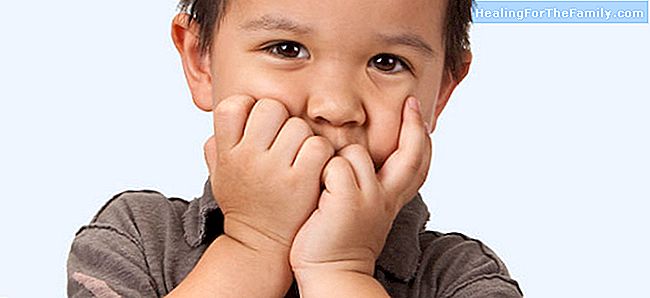
In the case of finding an introverted child, we can see that they are people who:
- Have difficulty sharing their feelings and expressing themselves emotionally.
- They are observers.
- They have a great capacity for listening.
- They are calm and reflective. You think things before you say them.
- They prefer to carry out activities on their own rather than in groups.
- They tend to see mistakes as failures and do not consider them as opportunities for improvement.
- They are creative and have a lot of imagination.
- They relate to others discreetly, trying not to excel.
Contrary to what we said about extroverts who found their energy of action through interaction with others, introverts energize mainly through the reflection of the ideas that are in their own minds.
Different types of introversion in childhood
Introverted children do not necessarily fulfill the same characteristics, it can be divided into two categories:
- Type 1 introverts, who are self-sufficient and confident.
- Type 2 introverts, who have little confidence in themselves, are afraid of social interaction and lack communication skills. This type of introversion is the best known and is often mistakenly associated with anxiety and confused with "shyness".
Difference between introverted children and shy children
Being shy is not considered a personality trait as in the case of introversion. In addition, one of the main differences between being shy and introversion is that the shy person is afraid of social contact and is even inhibited from relating, and this is accompanied by irrational ideas about not being accepted by others.
In contrast, children who are introverted have few personal relationships but by their own choice. It is they who choose their relationships and choose to enjoy good personal relationships that are not numerous but satisfactory for them.
Parents should know that the child is an introvert is not a bad thing, it is only part of their personality. To help you, we leave you some guidelines:
- Respect the rhythm of the child. Do not force the child to approach others in social encounters. They need to first observe before going to interact little by little. For this, it is necessary to provide the child with games with this approach without putting pressure on him.
- Do not criticize. There is respect for the child's personality and not criticizing him for having few friends or leaving little when he is older. It is your decision.
- Essay of social situations. At home everyday scenes of social relationships can be represented where the father or the mother and the child play a role in gaining security.
- Do not speak for the child. Whoever is introverted does not justify assuming the child's communication, that is, the adult should not ask for things for him or resolve these situations in his name.

